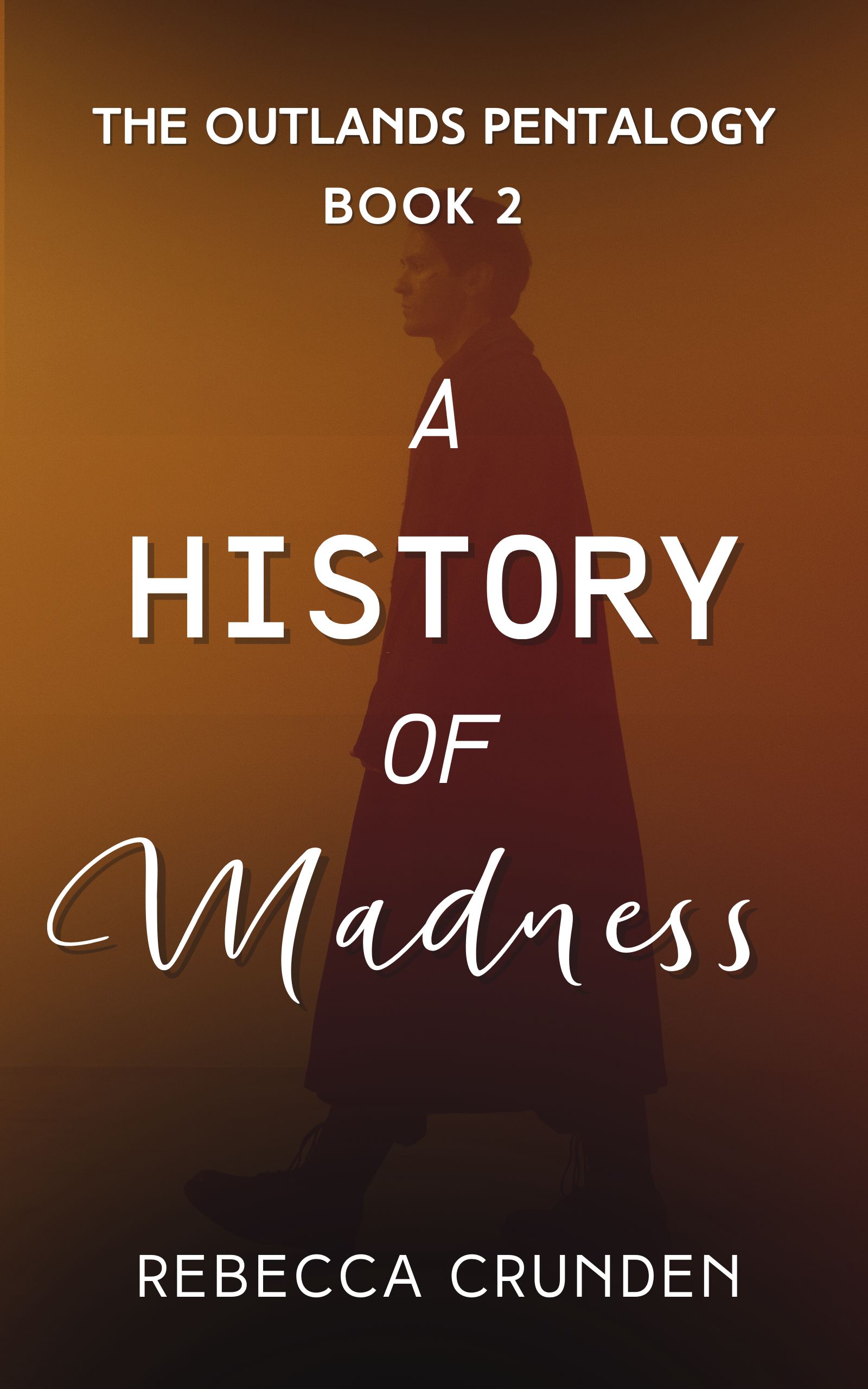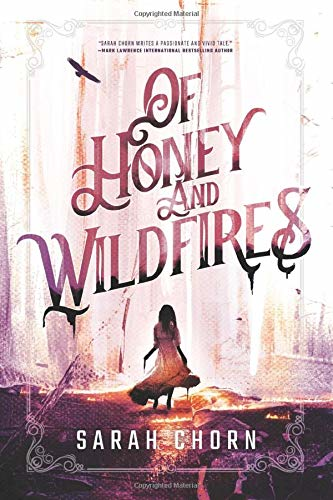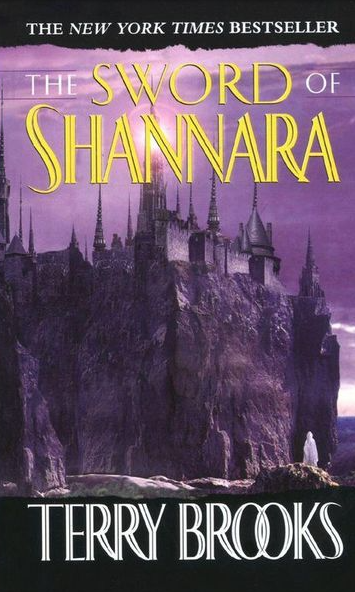Bias Against Bicyclists and Pedestrians When Cars Hit Them

Dartmouth head football coach Buddy Teevens was seriously injured when a truck struck his bicycle Thursday night on State Road A1A in Crescent Beach near St. Augustine. The news story in the St. Augustine Record demonstrates something I've been noticing in the media lately -- the bias that bicycles and pedestrians are probably to blame when vehicles hit them:
Teevens, 66, was crossing at 6100 State Road A1A at around 8:40 p.m. when he was hit by a 40-year-old female traveling northbound in a pickup truck, FHP said.
Teevens did not have any illuminated lights on his bicycle and wasn't in a crosswalk or designated crossing area, the report stated. It also noted he wasn't wearing a helmet.
I'm well-familiar with the stretch of road where this collision occurred. It's an undivided 45-mph two-lane road alongside beachfront condos and the occasional business. Citing a Florida Highway Patrol report, the story makes an issue out of Teevens not crossing at a crosswalk -- but it doesn't mention there are no marked crosswalks or intersections with stop lights anywhere around that location.
Another more detailed story from Valley News also mentions him not using a crosswalk, but it's a New Hampshire paper whose reporter wouldn't know the area.
I don't know who caused this accident, but Florida is the most dangerous state in the U.S. for bicyclists. Far too little is done here to make it safe for bicyclists and walkers.
Review: Rebecca Crunden's A History of Madness
One of my favorite books as a judge in the first Self-Published Science Fiction Competition (SPSFC) was Rebecca Crunden's A Touch of Death, the first book in a post-apocalyptic series where the non-mutated humans who emerge from underground long after a nuclear conflagration end up in a totalitarian monarchy where freedom and history are outlawed.
I reviewed A Touch of Death for File 770's SPSFC team last May and just read book two, A History of Madness, of my own free will. It's the first free-range reading I've done in a while because I was deep in the weeds reading books for the second SPSFC.
Out of 300 books entered in the first SPSFC, seven made the finals. A Touch of Death finished eighth.
A History of Madness picks up right where the last book left off for Nate and Catherine, two members of the upper class who threw away lives of easy affluence within the King's inner circle because they could endure no more tyranny. Actually, only one of them did that with full intent (Nate) and the other was more of an accidental revolutionary (Catherine).
Without spoiling the ending of book one, I'll say that it left Nate and Catherine in serious doubt of living to see book two.
This installment begins with Nate in Redwater Prison again, where every day he isn't executed is a surprise, though one not entirely welcome because of how the king treats imprisoned dissidents. Being within its walls brings back the memory of a childhood trip to the prison, where his teacher was executed by firing squad in front of the students for reading them an unauthorized book.
Nate ends up in a work camp to serve the rest of his sentence building the kingdom's new city and being left alone by the guards. But going along with that would mean permanent separation from Catherine, whose upcoming marriage to a notorious sadist in the king's family is all over the broadcasts.
Nate's already plotting escape the first night his head hits the pillow.
I read this book fearing throughout that bad things were about to happen to the protagonists. Crunden's excellent at evoking dread.
The first book made readers care about the protagonists. The second makes them care about the world. As I progressed I found myself thinking as much about the setting of Cutta and its inhabitants as I did the escape bid of Nate and Catherine. This gives confidence there's a rich five-book story to be told here.
Have I mentioned yet that we meet the mutants? You can't tell a story about non-mutated humans without mutated ones, but in book one they were often mentioned and never seen. When the mutants are finally ready for their closeup, Mr. DeMille, it pivots the events of this pentalogy in an intriguing new direction.
Crunden tirelessly promotes self-published authors on Twitter with her Indie Book Spotlight account, which has amassed 30,000 followers. She deserves some promoting of her own.
A History of Madness is an engaging dystopian science fiction novel by a talented writer with as comfortable an ease of phrase and ear for dialogue as books I've nominated in the past for Hugos.
However, I'm still not ready to ship Cathernate as a couple.
The Spam Problem on This Blog Just Disappeared
The Workbench weblog is running my own software, implemented with PHP and MySQL in higgledy-piggledy fashion over the years. I just added functionality that can hide all new comments until they are approved by a moderator.
During the blogging boom there were boisterous discussions on many of the posts here, so I didn't want to gum up the works. Every comment went up immediately.
These days, 99 out of 100 comments are spam. I've been manually getting rid of them after they are posted, which often means they spend one or two days on a post before the spam is deleted and submitting IP address banned.
Now, nobody gets a comment on Workbench until I've seen it first.
I took the time to do this because I want to blog more. A big motivator is that Elon Musk is burning Twitter to the ground, but the bird site was already a place that was taking more out of me than I was getting back. There are a couple hundred people I like to communicate with on Twitter and thousands more I'd like very much to never hear from at all, including exceptionally terrible people like TERFs, COVID deniers and Kari Lake.
Twitter is like a wedding reception where every table has some of your friends but you're required to share it with somebody's racist uncle.
How to Declare Your Conflicts of Interest
The book blogger Edward Champion has written one of the greatest conflict of interest declarations of all time:
I have no connection with any of these authors. The only conflict of interest here involves one of the books being edited by a loathsome liar and rumormongering backstabber whom I strongly detest. He has pushed many kind heads beneath the undertow for careerist purposes and, despite leading a smear campaign accusing bloggers of unethical journalism many years ago, he has evinced pure unethical venality in regularly buying books for the publisher he represents that are agented by his partner, thus securing a crooked two-income stream. Still, quality work is quality work and this scumbag's unfortunate association with a book I happened to love did not deter me in any way from ranking the book very high. (I have elided this man's name, as well as that of another hateful and treacherous individual cited below, to make it slightly more difficult for him to name search himself. But if you really need to know who they are, Google is free.)
The entire review is a delight. Champion read the National Book Awards fiction longlist in full after the books were announced on Sept. 16, 2022. Finishing nine books took him two weeks.
My Favorite Season Begins Today

Today's the start of the new fall TV season, which in my childhood was a big deal. I parked myself in front of our Magnavox Touch-Tune ("crafted of wood and non-wood materials") and watched everything. Happy Days and all spinoffs (Laverne and Shirley, Mork and Mindy, Joanie Loves Chachi, Blanksy's Beauties, Out of the Blue). One-name detective shows (Baretta, Delvecchio, Mannix, Banacek, Cannon). Full name detective shows (Barnaby Jones). Full sentence imperative detective shows (Get Christie Love). Shows almost nobody else remembers (Tenspeed and Brown Shoe, Pink Lady and Jeff, Open All Night).
Today's also the last day to enter the TV Deadpool, a contest I run to pick 10 shows that are going to be cancelled on the broadcast networks during 2021-22.
There are 30 players so far and I'm hoping to get more than 33, which is the record since I took over running the game four years ago. You can see trailers for the new shows on the TV Deadpool Facebook group.
Or you can pick without doing any research at all. Some advice from a longtime connoisseur of cancellation: Never bet against Chuck Lorre, Dick Wolf or a CBS crime show with initials in the name.
Sarah Chorn's Of Honey and Wildfires
Though the novel has three compelling protagonists, my favorite character in Sarah Chorn's Of Honey and Wildfires is a wonder substance called shine. This gaslamp fantasy is set in a frontier territory where shine is discovered reminiscent of 19th century Colorado, and it becomes everyone's medicine, energy source, food additive, weapon, border wall, long-distance communications medium, and devastatingly addictive stimulant. It even colors their skin and hair each shade in the spectrum, making me wonder whether the blue shine users resemble Smurfs.
The story centers on Cassandra, Arlen and Ianthe, three young people whose lives are affected by an outlaw who is the primary nemesis of the Shine Company, which controls the territory through a monopoly on shine. Two of those protagonists have an unusual and complex relationship with shine that makes them outcasts. Chorn tells each protagonist's story in its own sequence of time, weaving the chapters together in an effective and well-planned way that lands like a hammer in the final act.
Heavy use of metaphor conveys deep emotional relationships, though sometimes it overwhelms. There's more I could say but I don't want to spoil surprises. The novel, like shine, is a discovery.
Rereading The Sword of Shannara
I've been dealing with pandemic stress by wrapping nostalgia around me like a Snuggie. I just finished reading Terry Brooks' The Sword of Shannara, a book I loved as a teen that I haven't reread since.
I didn't expect to have so much affection for the main characters, but I recalled each one's name and traits as their first appearances neared. The novel has terrific epic battles and tense heroic moments, like Flick sneaking into the camp of the Warlock Lord's army.
The fantasy novel held up well in two ways -- characters and plotting -- but had more unpolished writing than I remembered, including two anachronistic uses of the adjective "robotlike." At times it felt like Brooks was running on fumes to reach the next plot point.
The novel also suffers from a near-total lack of female characters. We finally meet one 426 pages into the 726-page novel so that she can be rescued, making her rescuer fall into swooning, stammering instalove.
Overall I'd call it a promising but mixed debut for Brooks, who came out with a 38th Shannara book last year described as the final one in the chronology of the setting.




